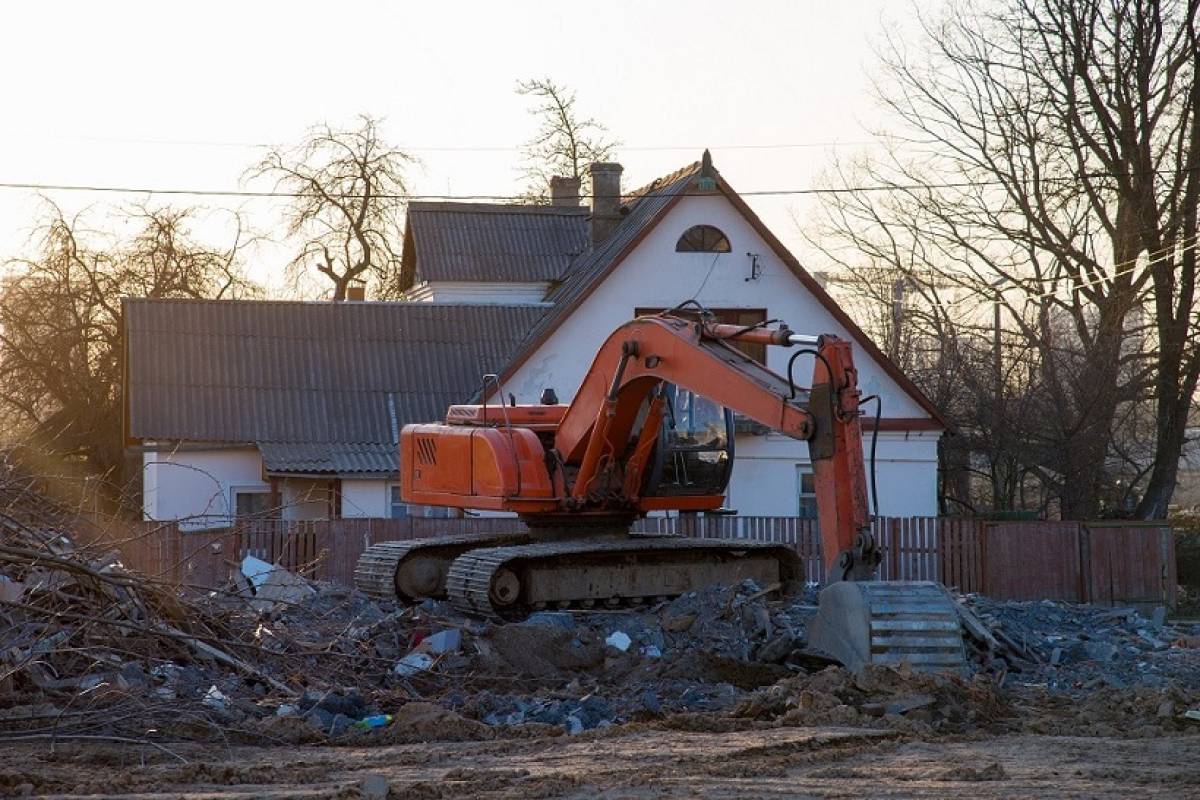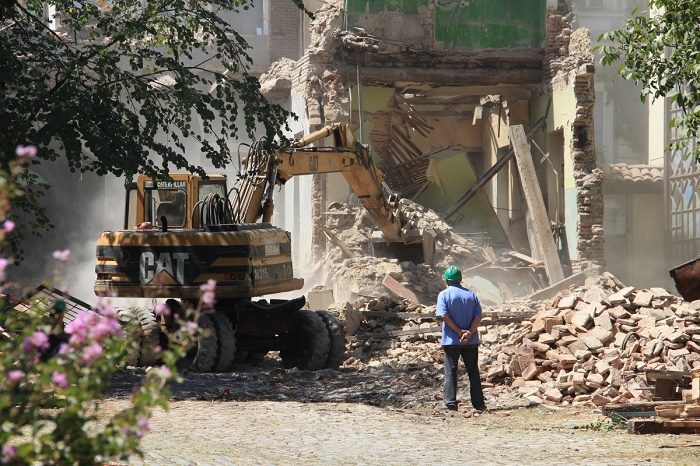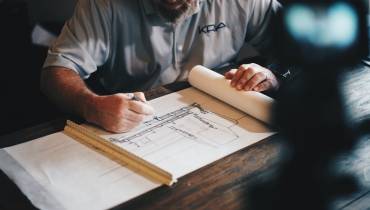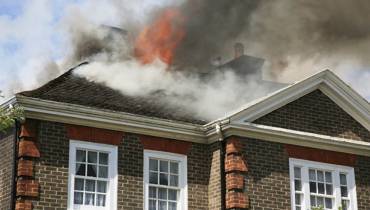What You Should Know Before You Start a Demolition Project

Demolition is dangerous; It’s messy; It’s time-consuming; It’s expensive and disruptive. But when the project is done well, and you’ve managed to free up space that you can use and do with it what you want, it all becomes more than worth the effort.
Demolitions, the partial or complete removal of unwanted buildings or structures, is one of those things that make society thrive. You can’t build something new and better if you don’t get rid of what was there before. In other words, you can’t make an omelette without breaking a few eggs.
That said, there are some key things that you need to know before you start your demolition project. Once you’re familiar with those things, you’re going to feel more confident in your demolition project—safer, better prepared, and hopefully, you’ll be left with a bit of extra cash in your pocket when the job is done.
If that sounds good, then let’s get right to what you should know before you start a demolition project to demolish ignorance and build some knowledge!
Plan before money changes hands
Demolitions are extremely complicated - the logistics go way beyond what the vast majority of DIYers know how to handle. As you’ll learn in this article, you’re going to have to opt for some combination of structural demolition and deconstruction.
You’re going to contact recycling depots, inspectors, the city, your neighbors, your friends, your family, utility companies, and contractors. If you live in the building you’re demolishing, or even on the property, you may have to live somewhere else for at least a week or more.
That means you’re going to need to plan everything out carefully before even hiring someone to do the work. A good contractor will help you do a lot of the heavy lifting (we’ll discuss what makes for a good contractor shortly). But it’s important that you develop a timeframe in which the demolition can be done before you do anything else.
Some materials can be salvaged and sold
Buildings are full of useful things - the metals, woods, masonry, and glass that make up a building can (almost) all be salvaged in some way or another. Check with local recycling depots to see how many materials they can take from the building being demolished, and how much they’re willing to pay you for those materials.
Salvageable materials are where deconstruction and structural demolition meet. To make the most out of those materials - which can be found in windows, appliances, HVAC systems, and a whole lot of other places - you’ll want to deconstruct them before the wrecking ball starts swinging.

Other materials are hazardous
Are you demolishing an old building? There might be asbestos. There could also be lead pipes, mercury, and all other kinds of hazardous materials dwelling in the building - those materials could be the very reason you’re having a demolition done in the first place!
That’s why it’s important to have a thorough inspection done of the premises before conducting the demolition. Inspectors will look for asbestos and other hazardous materials - after that, the demolition contractor you hire will know what precautions to take.
You’ll need to make arrangements - and backup arrangements
Assuming you live in the building being demolished, you’ll need to find a place to sleep for yourself and your family. And if you work in the place being demolished - you’ll need to make arrangements for a space you and your other team members can work from.
Your contractor will give you an estimate on how long the demolition project will take - but strange things can happen during demolitions. Hazardous materials that weren’t found during an inspection can pop up. Clean-up can take longer than expected. Small delays can add up.
That means you’ll need to have a backup plan if the demolition takes longer than you expected. If you’re making arrangements with friends and family, let them know that delays are possible - consider having more than one person you make arrangements to stay with.
If the building being demolished is commercial, make room for delays (and the associated overhead costs) in your budget.
Being a courteous neighbor will pay off
Demolitions are loud, messy affairs. Don’t let your neighbors bear the brunt of it without warning them first.
Consider smoothing things over with them by buying small gifts - if you have a lot of neighbors nearby, you can place the gifts in their mailbox with a small letter giving them the details about the demolition.
They’ll thank you for it - and good relationships with neighbors almost always pay off.
The city wants their slice of the pie
You’re going to need to get permits for your demolition. They vary from city to city and town to town, so we won’t go too far into details about what exactly you’ll need.
But if you don’t get permits, you’ll end up with hefty fines - and the city will probably shut down the whole operation until the right permits are obtained.
These permits cost money, and they can take some time to obtain, so factor that into your budget.
You’ll need to disconnect your utilities
Imagine taking a sledgehammer to a wall, only to have gallons of high pressure water shoot out through the live wires you just smashed open.
Not a good scene.
Disconnect your utilities before demolition begins - let your utility companies know well in advance, if you can.
You need to know how to find the right contractor
A lot of the topics we’ve discussed - from recycling salvageable materials to getting permits - can be done by finding the right contractor.
You should vet as many contractors as possible, getting an estimate of how much the demolition will cost and how long it will take. You should also ask:
- How they handle salvageable materials
- If you get any compensation for materials that are salvaged
- How they handle permitting
- For referrals (who you will then contact)
- If they do anything to alert your neighbors of the demolition
Be sure to use a home inspector who isn’t directly linked to your demolition contractor, or else you could end up with a conflict of interest. A good contractor will go a long way toward making your demolition a success.
Now you know what you need to know before your demolition project begins. Stay safe, and if ever things get tough during the process (and it’s likely they will), just think about the new, beautiful building you’re going to construct in the place of what you demolished. You can do it!





















